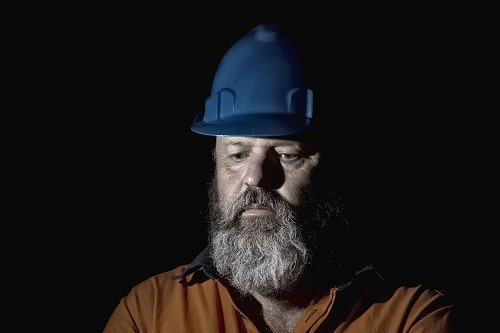Very large organisations (VLOs) could face higher fines for health and safety offences under amended guidelines published by the Sentencing Council.
News
Updated sentencing guidelines could see fines ‘significantly increase’ for health and safety offences
The changes, in force since 1 June, are intended to bring greater clarity and consistency to fines against companies with a turnover in great excess of £50m.
Kevin Bridges, regulatory expert at Pinsent Masons, commented that: “The amendments could see the starting points for fines under the relevant Sentencing Council’s guidelines significantly increase for health and safety, food safety and food hygiene, corporate manslaughter and environmental offences committed by VLOs.”
Although the maximum fine for a health and safety offence is unlimited, factors like the severity of the offence, the number of people affected, the company's size and financial resources, and the steps taken to prevent future incidents all play a role in determining the severity of the penalty.
However, critics have pointed out that the guidelines, introduced ten years ago in 2015, have led in some cases to "wildly differing" sentences.
In their submission to the Council’s consultation, Eversheds Sutherland (Intl) LLP stated: “The approach to determining if an organisation is a VLO differs considerably in different court centres and between different judges.
“Without any further, tangible, guidance on the approach to be taken to VLOs, the capacity for wildly differing approaches to sentencing – and therefore fines – will continue.”
![]()
Judges have had “limited direction” on how to arrive at a fine for the biggest firms, agree Fiona Cameron, Senior Practice Development Lawyer at Pinsent Masons who writes alongside Bridges in a blog post: “Until now, courts have had limited direction on how to scale fines appropriately for companies with turnover “very greatly” exceeding the threshold for large organisations of £50m, often leading to inconsistent outcomes."
The latest amendments make it clearer that judges must consider fines outside the range for large companies to achieve a proportionate sentence.
“It was said to be ‘somewhat inconceivable that these ranges could ever be applicable’”, said Bridges.
The changes to the guidelines were triggered by the Environment Agency, which argued the courts could benefit from more and clearer guidance.
Secretary of State for Environment, Food & Rural Affairs, Steve Reed, supported the call. Reed has just brought in new powers which allow courts to sentence bosses of water companies to up to two years in prison if they break the law over pollution.
When the Sentencing Guidelines were first introduced in 2015, there was a sharp increase in fines, with 38 fines of over £500,000 according to HSE data, with the largest fine against Merlin Entertainment at £5 million in 2016.
In 2021, WH Malcolm Ltd (trading as the Malcolm Group) became recipient of the largest fine in two decades after an 11-year-old boy was electrocuted at its depot. The judge sentencing the case said: “This fine must bring home to directors and board members the need to comply with health and safety legislation.”
These latest amendments for sentencing cases in England and Wales are part of the fourth ‘miscellaneous amendments consultation’ the Sentencing Council holds each year. Other changes include to cases involving careless driving or those driving with the wrong licence.
Amendments to sentencing guidelines here
Full definitive guidelines to sentencing health and safety offences here
NEWS

Nearly half of UK workers afraid to flag risks, finds new research
By Belinda Liversedge on 10 February 2026
A significant “silence gap” is threatening UK workplace safety and operational integrity, according to new data released by training provider Mental Health First Aid (MHFA) England.
Sexual misconduct in dentistry: former GDC fellow warns of ‘culture of silence’
By Belinda Liversedge on 05 February 2026
A former General Dental Council (GDC) clinical fellow is calling for a radical shift in how the dental sector manages workplace risk, warning that a “culture of silence” is masking the problem of sexual misconduct in the profession.

Tinnitus UK demands national safety standard as live music workers face hearing loss epidemic
By Belinda Liversedge on 03 February 2026
Tinnitus UK is calling for clear, enforceable standards on hearing protection and training after a staggering 93 per cent of live music workers report hearing problems.



